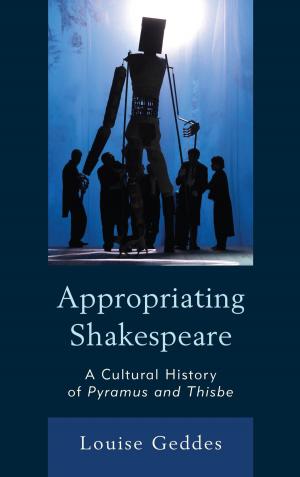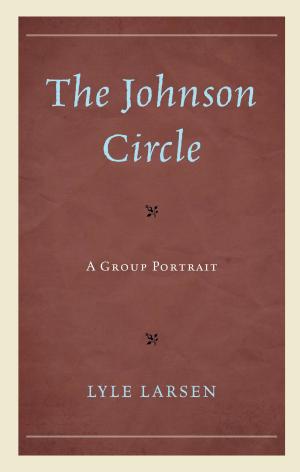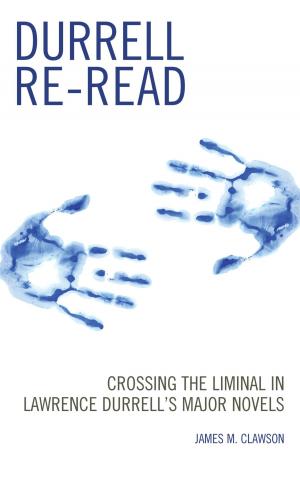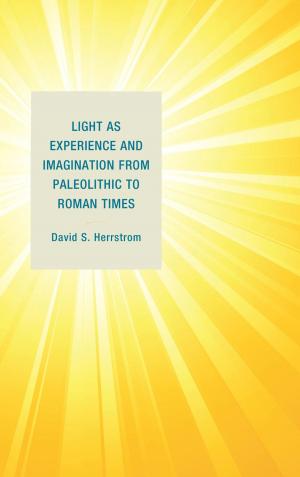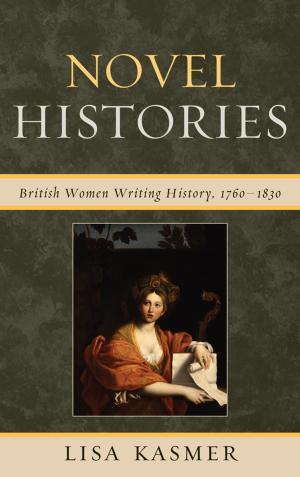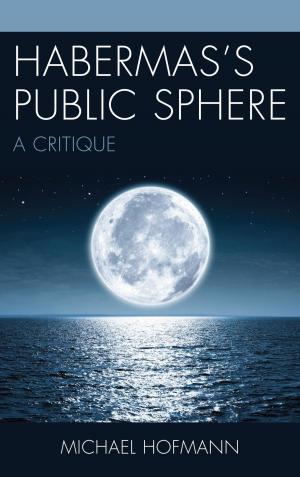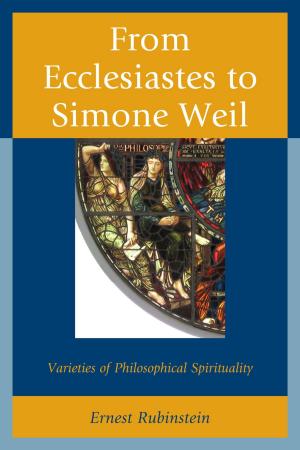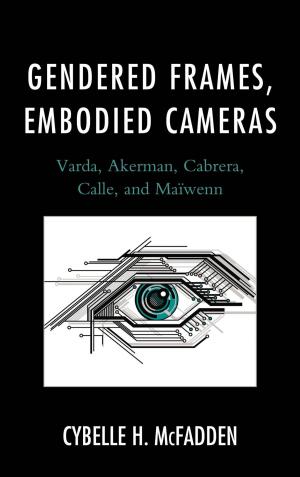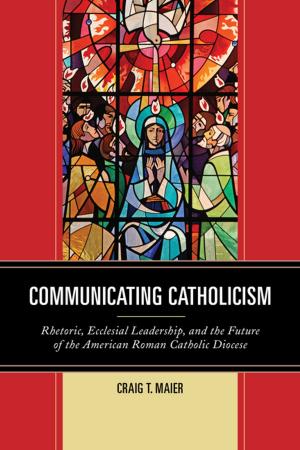George P. Marsh Correspondence
Images of Italy, 1861–1881
Nonfiction, History, Italy, Modern, 19th Century, Americas, United States| Author: | Lucia Ducci | ISBN: | 9781611474626 |
| Publisher: | Fairleigh Dickinson University Press | Publication: | December 16, 2011 |
| Imprint: | Fairleigh Dickinson University Press | Language: | English |
| Author: | Lucia Ducci |
| ISBN: | 9781611474626 |
| Publisher: | Fairleigh Dickinson University Press |
| Publication: | December 16, 2011 |
| Imprint: | Fairleigh Dickinson University Press |
| Language: | English |
The broad diplomatic production of George P. Marsh, the first US ambassador to the Reign of Italy, contains much more than the records of Italo-American relations. From 1864 Marsh reported to the Secretary of State in Washington DC and to some personal friends a detailed and constantly updated description of the political, social, economic and cultural situation in the peninsula. George P. Marsh was born in Woodstock, Vermont in 1801 and despite his weak health, he started soon to study on his own in his father’s library in Burlington. At the age of 20, he was fluent in more than 20 foreign languages, very acquainted with different literatures and origins of languages and dialects. He is today considered America’s first environmentalist thanks to the publication in 1864 of his book Man and Nature, later revised as The Earth as Modified by Human Action. He didn’t make any discoveries, but lasting contributions. He applied science to life, not with the disinterested precision of a scientist, but with the aims and methods of a humanist.
After 1861 he represented the United States at the Court of Savoy, in the critical years in which Italy was built, and the United States reshaped along modern lines. From his perspective, he described prominent Italian contemporaries and their relations with the United States and his opinion could not be ignored by the Department of State. The hero of the Marsh reports was Giuseppe Garibaldi; the “devil”, Napoleon III. His luminous exposition, with a clear and fresh language, revealed many aspects of his historical times and of the images of Italy, which were frequently corroborated by the diaries of American tourists and writers doing their “Grand Tour”: far from being a modern country, Italy appeared a wonderful destination for traveling, the land of Dante, Machiavelli, Petrarca.
The volume collects the letters Marsh wrote from Florence between 1865 and 1871, when the Tuscan city was the capital of Italy. As such, this edition of Marsh's official and personal correspondence is a key resource for anyone interested both in the study of U.S.-Italian relations in the early post-unification years and in an understanding of Italy's coeval perception by prominent foreigners who visited the country in that period.
The broad diplomatic production of George P. Marsh, the first US ambassador to the Reign of Italy, contains much more than the records of Italo-American relations. From 1864 Marsh reported to the Secretary of State in Washington DC and to some personal friends a detailed and constantly updated description of the political, social, economic and cultural situation in the peninsula. George P. Marsh was born in Woodstock, Vermont in 1801 and despite his weak health, he started soon to study on his own in his father’s library in Burlington. At the age of 20, he was fluent in more than 20 foreign languages, very acquainted with different literatures and origins of languages and dialects. He is today considered America’s first environmentalist thanks to the publication in 1864 of his book Man and Nature, later revised as The Earth as Modified by Human Action. He didn’t make any discoveries, but lasting contributions. He applied science to life, not with the disinterested precision of a scientist, but with the aims and methods of a humanist.
After 1861 he represented the United States at the Court of Savoy, in the critical years in which Italy was built, and the United States reshaped along modern lines. From his perspective, he described prominent Italian contemporaries and their relations with the United States and his opinion could not be ignored by the Department of State. The hero of the Marsh reports was Giuseppe Garibaldi; the “devil”, Napoleon III. His luminous exposition, with a clear and fresh language, revealed many aspects of his historical times and of the images of Italy, which were frequently corroborated by the diaries of American tourists and writers doing their “Grand Tour”: far from being a modern country, Italy appeared a wonderful destination for traveling, the land of Dante, Machiavelli, Petrarca.
The volume collects the letters Marsh wrote from Florence between 1865 and 1871, when the Tuscan city was the capital of Italy. As such, this edition of Marsh's official and personal correspondence is a key resource for anyone interested both in the study of U.S.-Italian relations in the early post-unification years and in an understanding of Italy's coeval perception by prominent foreigners who visited the country in that period.


